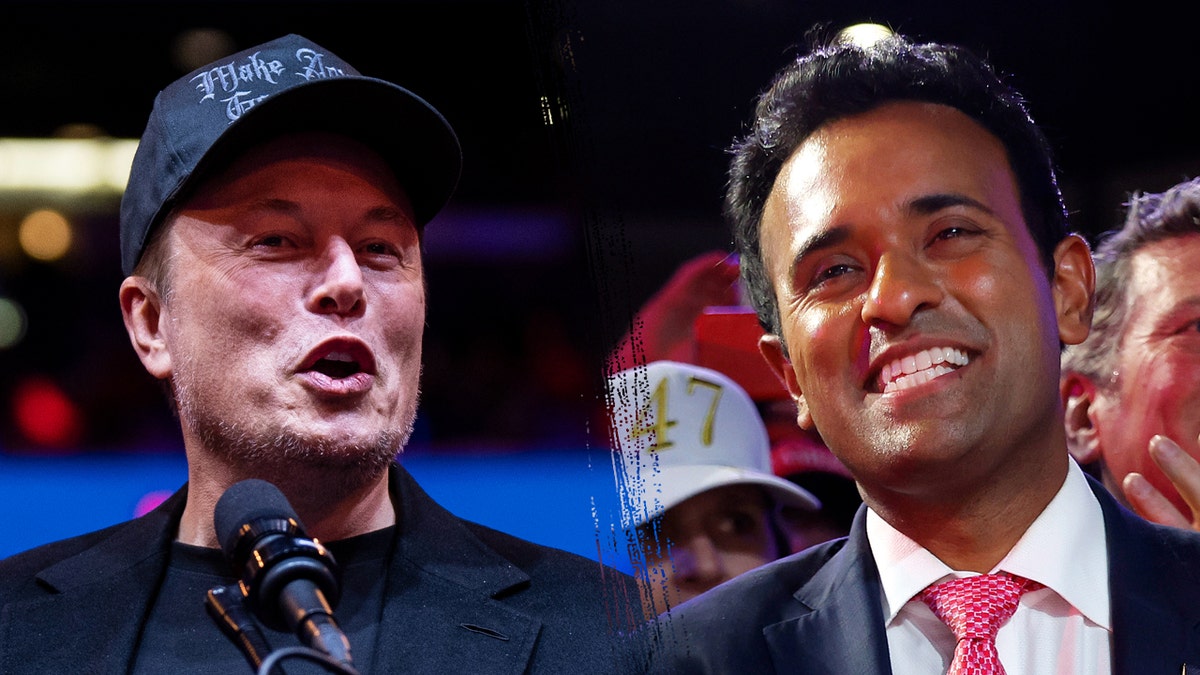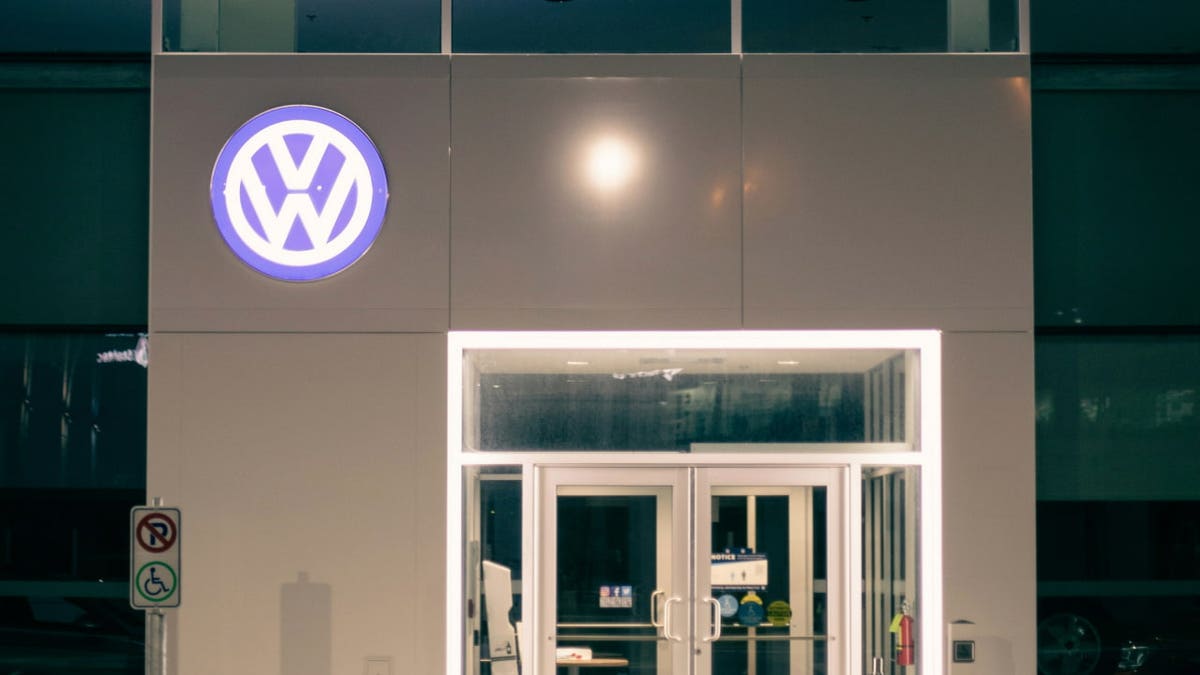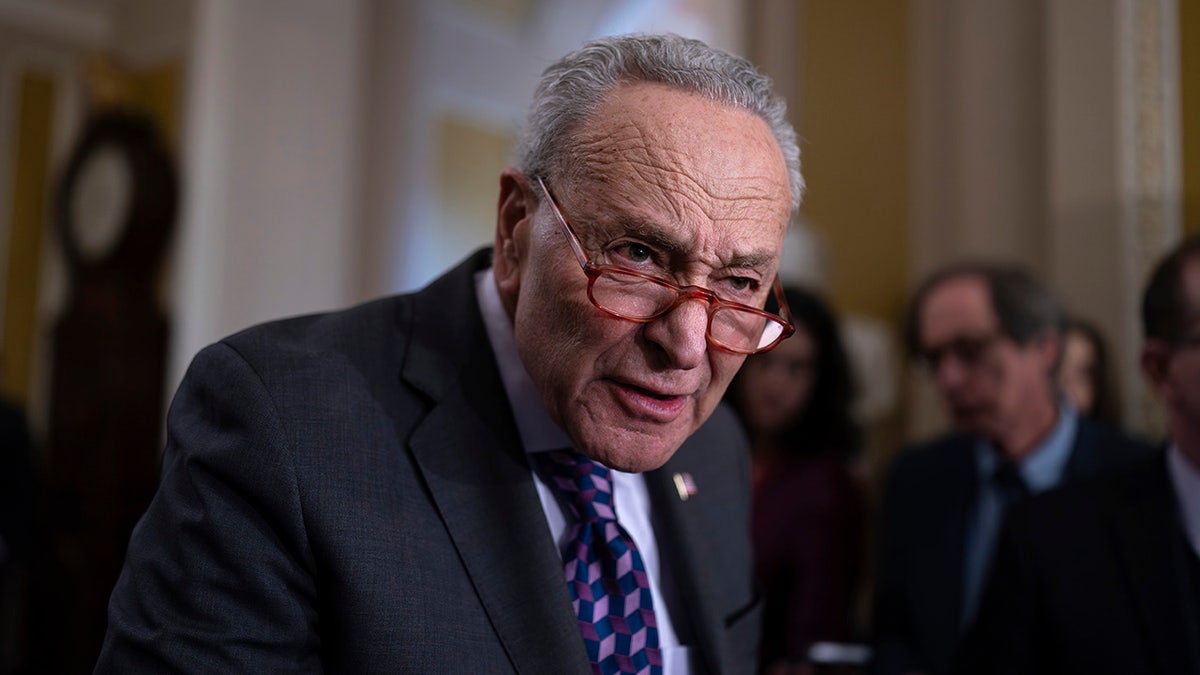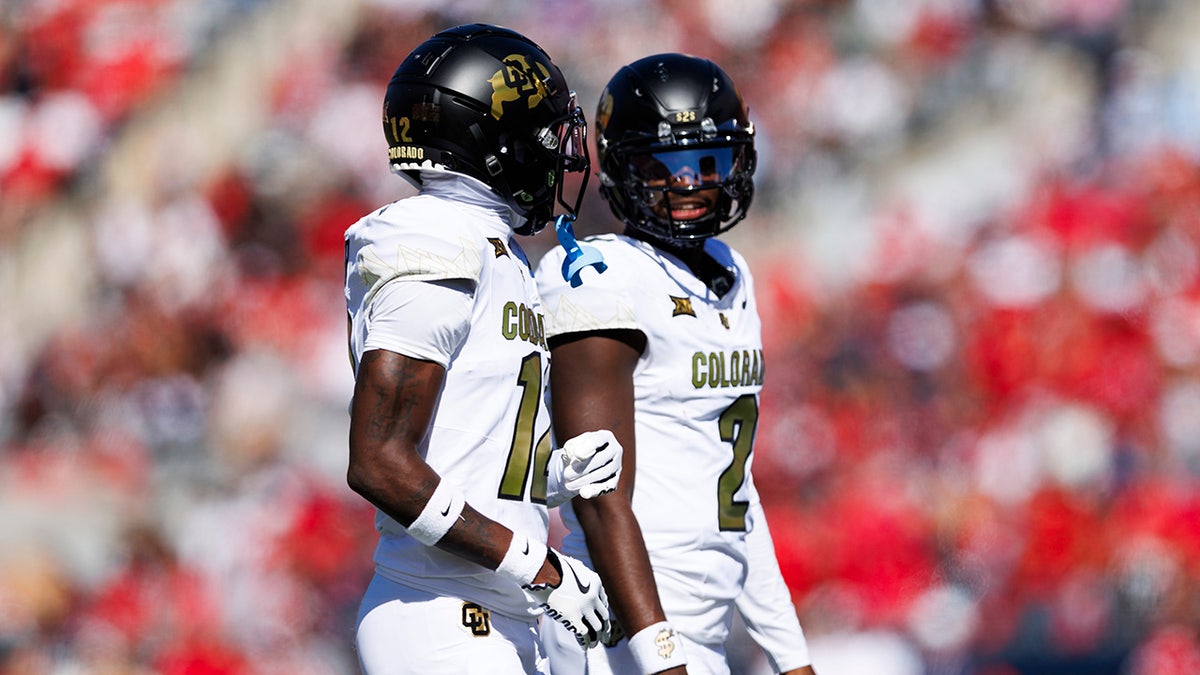Following a recent court setback, the Nevada Republican Party is preparing for an extended legal fight to prevent the state from implementing a two-year-old law mandating a presidential primary. Party leaders maintain they will conduct their own caucus, a tradition spanning decades, to select their preferred presidential candidate, irrespective of the state-run primary's outcome.
A Nevada District Court recently rejected the state GOP's attempt to block the state-managed primary. While anticipating this decision, Nevada Republican Party Chair Michael McDonald indicated they are considering an appeal. The judge's written ruling is still pending.
This situation could lead to a confusing scenario in February, with both a state-run primary and a party-run caucus occurring around the same time. McDonald expressed concern over the potential waste of taxpayer money on a primary that he believes will disenfranchise voters.
The 2021 law, signed by former Democratic Governor Steve Sisolak, requires Nevada to hold a presidential primary overseen by state and county election officials. Nevada Democrats have long advocated for this change, viewing primaries as more accessible than caucuses. The law was also intended to elevate Nevada's prominence in the presidential nominating process.
However, the Nevada Republican Party is not obligated to acknowledge the primary results when selecting their general election candidate. This discrepancy lies at the heart of the ongoing legal battle.
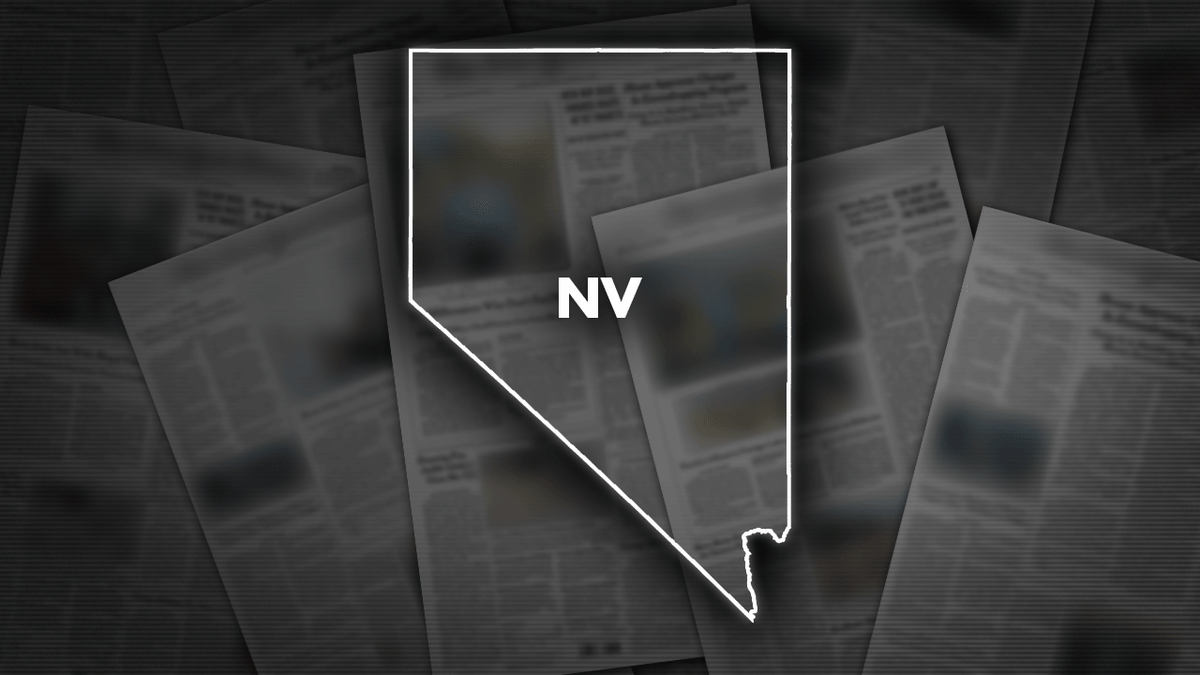
Caucuses, unlike primaries, are organized and funded by political parties. Party members gather in groups based on their candidate preference, nominate representatives, and vote publicly. Primaries, on the other hand, use secret ballots in elections administered by government officials.
If both a primary and a caucus take place, and the Nevada Republican Party opts to recognize only the caucus results, the primary results would essentially be meaningless.
The lawsuit, initiated by Republican National Committeewoman Sigal Chattah against Nevada Secretary of State Cisco Aguilar, argues that the 2021 law infringes upon First and Fourteenth Amendment rights, specifically the freedom of association. The suit contends that political parties have the right to self-governance without state interference.
Attorney General Aaron Ford, representing Aguilar's office, countered that the Nevada Republican Party is not bound by the primary results and that state law doesn't dictate how parties manage their primary elections. Ford's office also argued that private ballots in primaries offer greater security and encourage higher voter turnout. They also suggested that public voting in caucuses can create an environment of intimidation.
Ford's office further asserted that primaries simplify the voting process, making it more accessible for voters, especially those facing language barriers.


